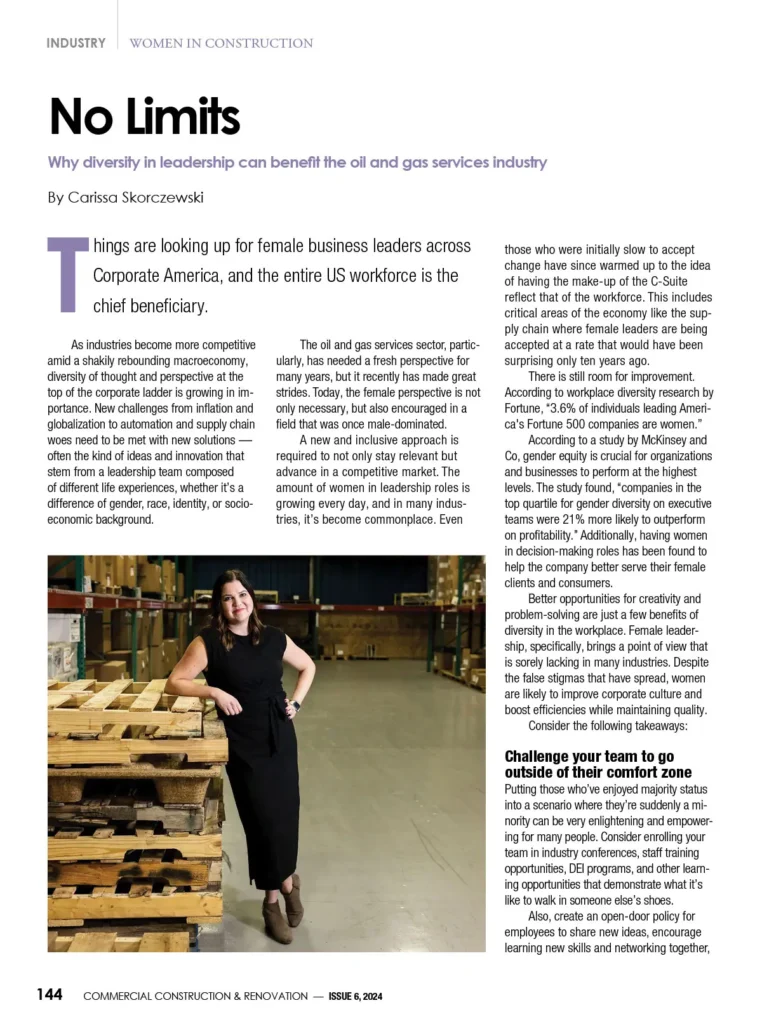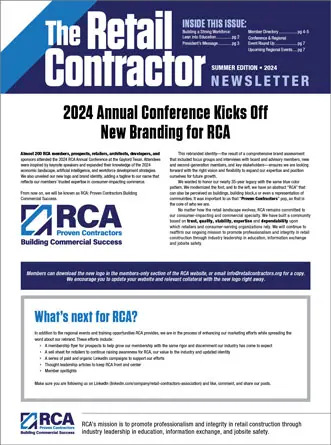Efficient supply chain management is crucial for the success of any industry, and refineries are no exception. With complex operations and a global network of suppliers, optimizing supply chains in the refinery industry becomes essential for enhancing efficiency, reducing costs, and maintaining a competitive edge.
Prepare to discover some of the strategies that can be employed to optimize supply chains in the refinery industry, leading to improved operational performance and cost reduction.
Demand Forecasting And Inventory Management
Accurate demand forecasting plays a vital role in optimizing supply chains in refineries. By utilizing advanced forecasting techniques and historical data analysis, refiners can better anticipate demand patterns, allowing them to adjust production levels and inventory accordingly.
Effective inventory management, including just-in-time practices and optimizing stock levels, can prevent overstocking or understocking, leading to improved efficiency and reduced carrying costs.
Whether a refinery needs more crude oil, new pumps or compressors, or a prompt delivery of affordable Fosroc Combextra EPR from Complete Construction Products, it’s important to have an in-depth knowledge of current inventory status and what will be needed in the near future.
Supplier Collaboration And Relationship Management
Establishing strong relationships with suppliers is crucial for optimizing refinery supply chains. Close collaboration and effective communication can enhance reliability, ensure timely deliveries, and facilitate better coordination between the refinery and its suppliers.
Building long-term partnerships, sharing forecasts and production plans, and working together on process improvements can lead to streamlined supply chains, reduced lead times, and improved cost efficiencies.
Transportation Optimization
Transportation plays a significant role in refinery supply chains, as the movement of raw materials, intermediates, and finished products is essential for seamless operations. Employing transportation optimization strategies such as route optimization, consolidating shipments, and utilizing intermodal transportation modes can help reduce transportation costs, minimize delivery times, and improve overall supply chain efficiency.
Process Standardization And Automation
Standardizing processes and implementing automation technologies can greatly optimize supply chains in refineries. By automating routine tasks and utilizing digital systems for data management, refineries can eliminate manual errors, reduce paperwork, and improve overall operational efficiency.
Automation can also enable real-time visibility, enhance production planning, and optimize resource allocation, leading to cost savings and improved performance.
Risk Management And Contingency Planning
Supply chain disruptions are inevitable, but refineries can mitigate their impact through effective risk management and contingency planning. Identifying potential risks, such as natural disasters, geopolitical uncertainties, or supplier failures, and developing robust contingency plans can ensure business continuity and minimize disruptions.
Maintaining alternative suppliers, establishing safety stock levels, and implementing risk assessment protocols can help mitigate supply chain risks and reduce costs associated with disruptions.
Continuous Improvement And Lean Principles
Embracing continuous improvement methodologies, such as Lean principles, can drive efficiency gains in refinery supply chains. By focusing on waste reduction, process optimization, and employee engagement, refineries can identify bottlenecks, streamline operations, and eliminate non-value-added activities. Lean practices, such as 5S, value stream mapping, and Kaizen events, can lead to cost reductions, improved productivity, and enhanced overall supply chain performance.
To Conclude
In the competitive refinery industry, optimizing supply chains is critical for achieving efficiency and cost reduction.
By employing strategies such as demand forecasting, inventory management, supplier collaboration, transportation optimization, process standardization, risk management, and continuous improvement, refineries can enhance their supply chain performance and gain a competitive advantage.
Successful implementation of these strategies leads to improved operational efficiency, reduced costs, and increased customer satisfaction. As refineries continue to evolve, it is imperative to prioritize supply chain optimization as a key driver of success in this dynamic industry.









 The 2024 virtual Men’s Round Table will be held Q4, 2024, date TBD.
The 2024 virtual Men’s Round Table will be held Q4, 2024, date TBD.












